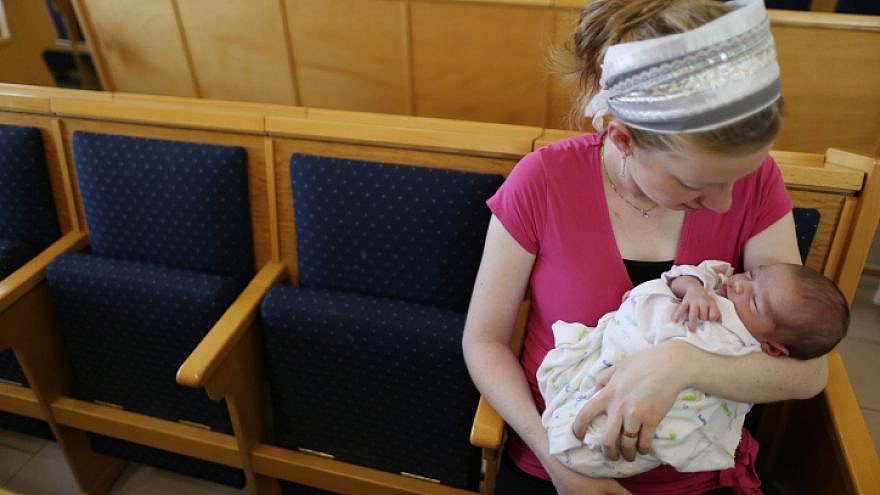A new Israeli-led study found that children of mothers suffering from depression may be at greater risk for psychological disorders and altered immune responses.
“If you grow up with a clinically depressed mother, your body’s stress response and immunity are [affected],” said Dr. Ruth Feldman, the Simms-Mann professor of developmental neuroscience at the Interdisciplinary Center in Herzliya, and an adjunct professor at the Yale Child Study Center in New Haven, Connecticut.
Feldman’s team followed 125 newborn babies until the age of 10 years old. At age 6 months, the mothers filled out questionnaires pertaining to their level of depression and anxiety. The families were contacted again when the children were 6.
At age 10, the researchers measured blood levels of the stress hormone cortisol and the immune marker secretory immunoglobulin in both mothers and children. They also observed interactions between mothers and children, and recorded symptoms of children exhibiting psychological distress, such as acting out, acting anxiously or being socially withdrawn.
The study found that depressed mothers had higher levels of cortisol and secretory immunoglobin, displayed less empathy and were less engaged, exhibiting more negative and inconsistent moods. Similarly, the children of depressed mothers had higher levels of secretory immunoglobin than children with mothers who were not depressed, and were more likely to exhibit anxiety or withdrawn behavior.
Analysts stated that the study illustrates the high value for both mother and children in getting effective treatment for depression as early as possible.


























